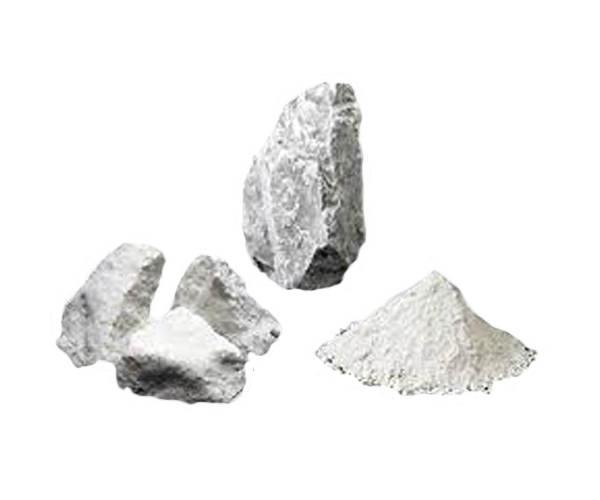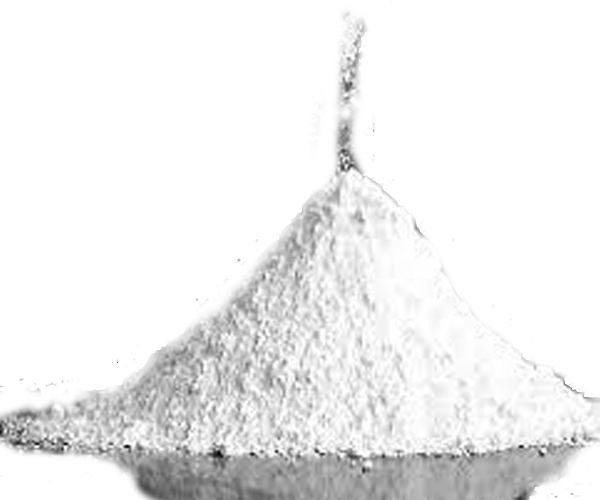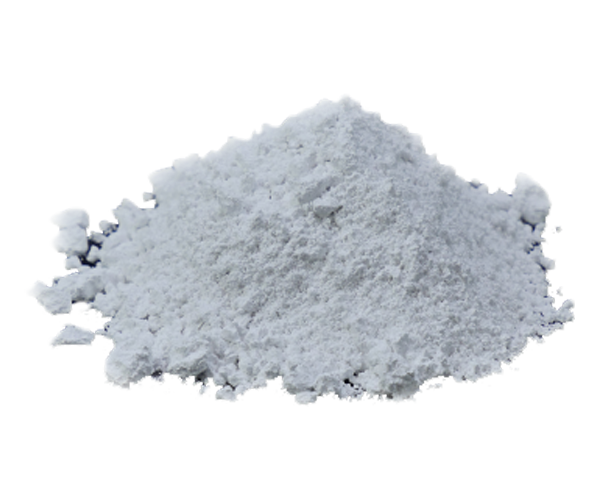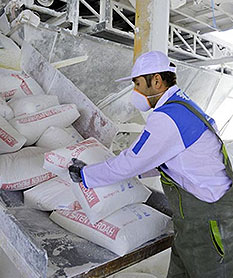What is bentonite uses?
Bentonite and bentonite uses , a type of absorbent and clay-rich rock, has found its way into numerous industries due to its versatile properties. This natural


Limestone is a very common sedimentary rock that consists of more than 50% calcium carbonate powder. Although this type of mineral exists in many forms, its roots can be found in chemical or biochemical processes that occurred in past geology, often tens to hundreds of millions of years ago, and rocks containing calcium carbonate were discovered.
Calcium carbonate is one of the most widely used compounds in various industries, which is increasing day by day due to its features and capabilities. In general, the chemical formula of this substance is mainly CaCO3, and its abundance in the earth’s crust reaches 4%. This material is usually found in calcite and aragonite minerals. This material has unique properties that we will describe below.
Calcium carbonate is found naturally in marble, gypsum, and coral. This mineral is mainly produced in the following two ways:
Calcium carbonate powder is mainly obtained directly from the listed mineral compounds and is known in the industry as GCC.
In terms of chemical composition, this type of mineral is exactly similar to GCC structures, except that the particle size of their constituent components is almost a thousand times smaller than the grain size of GCC structures. These compounds generally rank higher than GCC in terms of purity and quality.
| Sr | 0.0244 |
| Al | 0.0251 |
| Li | 0.0003 |
| Mg | 0.0753 |
| CaO | 98.1 |
| Zn | 0.0002 |
| K | 0.016 |
| Cr | 0.0003 |
| Cu | 0.0014 |
| Fe | 0.0083 |
| Bi | 0.0003 |
| Ni | 0.0001 |
| Na | 0.0065 |
Calcium carbonate is found in nature and has a crystalline structure and is most visible in nature in white color. This mineral is odorless and has a taste almost similar to gypsum. The structural characteristics of calcium carbonate include the following:

The unique structural properties of calcium carbonate make the use of this substance in the production of some products to improve their properties. The following are the advantages of using calcium carbonate in mineral products:
As mentioned, the structural features of this mineral have made it widely used in various industries. Among the uses of this mineral, the following can be mentioned:
Among the important applications of calcium carbonate in the industry, we can mention the dyeing industry. Generally, the particles that make up this material are generally small and soft. This feature makes the material spread well in the desired color and increases its coverage. In addition, this mineral is almost neutral and the probability of its reaction in environmental conditions is very low. In this way, using it in paint increases its durability and stability. The last but not least reasons for using calcium carbonate in the paint industry include increasing color brightness, reducing oil absorption, and finally reducing its cost.
As mentioned, calcium carbonate is biocompatible and its use does not harm the human body. This is why most pharmaceutical companies use calcium carbonate in their products.
The high absorption property of this product has made the use of this mineral effective in the treatment of diarrhea. On the other hand, the anti-acidic properties of this substance can play an effective role in the treatment of kidney defects. Other uses of calcium carbonate in the pharmaceutical industry include the production of the following products:

The issue of the environment and cutting down trees has become a serious challenge in the paper industry, and also the use of wood increases the cost of paper production, and that is why most paper production companies use calcium carbonate in their paper structure instead of wood.
The use of this product in the paper industry significantly reduces the cost of paper production. Also, the presence of this mineral in the structure of the paper causes the ink absorption by the paper and its strength to increase significantly.
Calcium carbonate is one of the most widely used items in the rubber industry as a filler. Its use has increased in the rubber industry because calcium carbonate powder has a high softness and a good dispersion coefficient.
In general, calcium carbonate is used in this industry to increase rubber strength, uniform curing, reduce melting temperature and energy consumption, and wear resistance of rubber. On the other hand, the price of calcium carbonate is much lower than other additives used in rubber making, that’s why most rubber manufacturers use this product in the structure of their rubber compounds.
As mentioned, calcium carbonate is biocompatible and its use in the body will not cause any harm. This property, along with the white color of these minerals, has led to the use of calcium carbonate in the production of chalk. Mainly, the filling properties, the very reasonable price, and the white color of this mineral have caused about 20% of the writing chalk used in educational centers to consist of calcium carbonate.

As mentioned, calcium carbonate is biocompatible and its use in the body will not cause any harm. This property, along with the white color of these minerals, has led to the use of calcium carbonate in the production of chalk. Mainly, the filling properties, the very reasonable price, and the white color of this mineral have caused about 20% of the writing chalk used in educational centers consist of calcium carbonate.

Among the important applications of calcium carbonate in the industry, we can mention the dyeing industry. Generally, the particles that make up this material are generally small and soft. This feature makes the material spread well in the desired color and increases its coverage. In addition, this mineral is almost neutral and the probability of its reaction in environmental conditions is very low. In this way, using it in paint increases its durability and stability. The last but not least reasons for using calcium carbonate in the paint industry include increasing color brightness, reducing oil absorption, and finally reducing its cost.

As mentioned, calcium carbonate is biocompatible and its use does not harm the human body. This is why most pharmaceutical companies use calcium carbonate in their products. The high absorption property of this product has made the use of this mineral effective in the treatment of diarrhea. On the other hand, the anti-acidic properties of this substance can play an effective role in the treatment of kidney defects. Other uses of calcium carbonate in the pharmaceutical industry include the production of the following products: • Homeopathic medicines • Calcium bromide • Calcium iodide • Calcium oxide • Calcium chloride

Calcium carbonate is one of the most widely used items in the rubber industry as a filler. Its use has increased in the rubber industry because calcium carbonate powder has the high softness and a good dispersion coefficient. In general, calcium carbonate is used in this industry to increase rubber strength, uniform curing, reduce melting temperature and energy consumption, and wear resistance of rubber. On the other hand, the price of calcium carbonate is much lower than other additives used in rubber making, that's why most rubber manufacturers use this product in the structure of their rubber compounds.
With more than 20 years of experience, relying on its technical knowledge and expert staff, Kane Aray Sepahan has been able to produce calcium carbonate with very high purity and quality to supply various industries. Compliance with all the necessary standards to produce high-quality products in order to meet the needs of our customers is our main priority, please contact us if you have any questions or requests.
Bentonite and bentonite uses , a type of absorbent and clay-rich rock, has found its way into numerous industries due to its versatile properties. This natural

Introduction But Application of manganese in industry Manganese, a versatile transition metal, plays a crucial role in various industries due to its unique properties. This essay

What is Gilsonite Sealer? Gilsonite sealer, derived from the unique natural resource known as Gilsonite, has become a significant player in the realm of sealcoating for

And what differentiates manganese oxide & rock and Other products of Kane Ara from other competitors. What is the price of manganese here? Why should choose
Multilingual WordPress with WPML